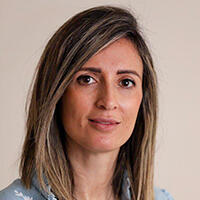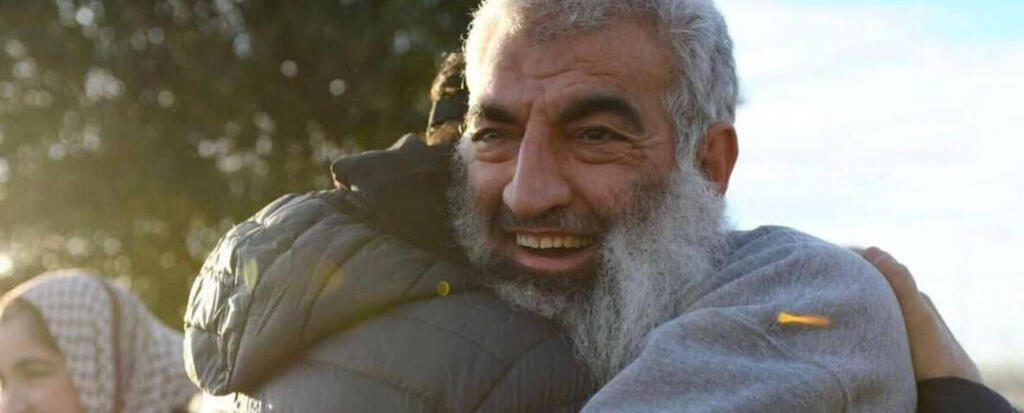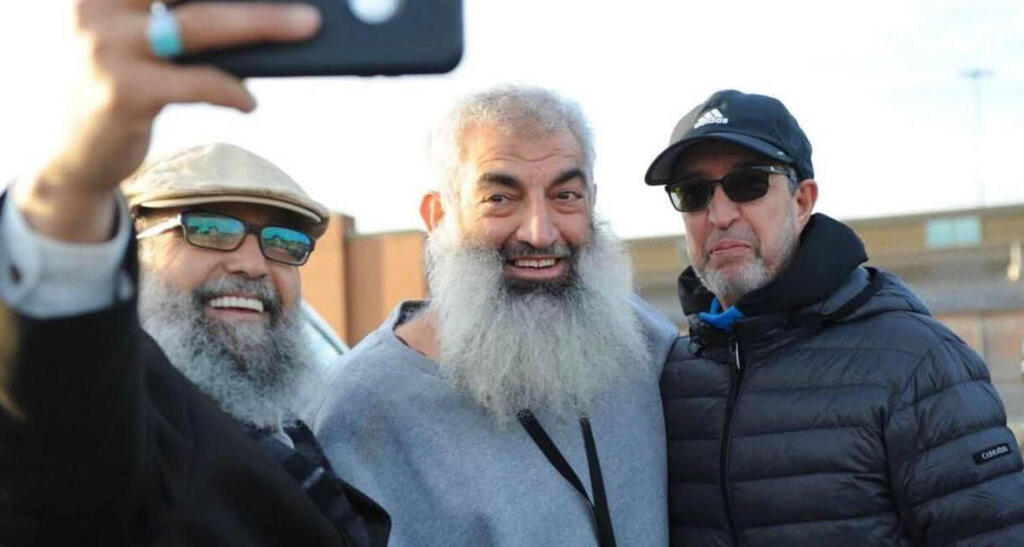Getting your Trinity Audio player ready...
Mufid Abdel-Qader, the half-brother of senior Hamas leader Khaled Mashal, has been released from U.S. prison after serving 16 years of a 20-year sentence. His release, initially to a rehabilitation facility for a year, comes as the U.S. and Israel say the chances of a hostage deal are increasing.
Khaled Mashal, the former head of Hamas' political bureau, is one of the only surviving senior figures in the terror organization. However, it is currently unclear whether his half-brother's release is related to a comprehensive deal regarding a hostage deal that is taking shape.
Mufid and others were convicted in 2008 of working for the Holy Land Foundation for Relief and Development, the largest Muslim charity in the U.S. and in effect used to fund Hamas.
Abdel-Qader claimed that he was a money-lender for the organization and served as the lead singer of a Palestinian band that performed to raise funds. He said he never imagined that he would be put behind bars because he wanted to help get people out of prison, out of poverty and out of hunger, he said at the hearing. The judge intervened and said he was not convicted for freedom of expression, but convicted of aiding Hamas.
The five senior members of the organization were ultimately convicted of 108 charges, including aiding a terrorist organization, money laundering, and tax crimes after the U.S. attorney's office failed to convince a jury a year earlier that the organization had transferred more than $12 million to Hamas. Holy Land Foundation for Relief and Development activists were not convicted of direct involvement in the violence, but in addition to providing financial assistance to Hamas, they were convicted of funding the Palestinian organization's schools and welfare programs.
Get the Ynetnews app on your smartphone: Google Play: https://bit.ly/4eJ37pE | Apple App Store: https://bit.ly/3ZL7iNv
During the trial, a Shin Bet representative testified unusually against those involved, and during his testimony he revealed information indicating their involvement. It was written at the time that his testimony was central to the judges' decision to convict the defendants.




